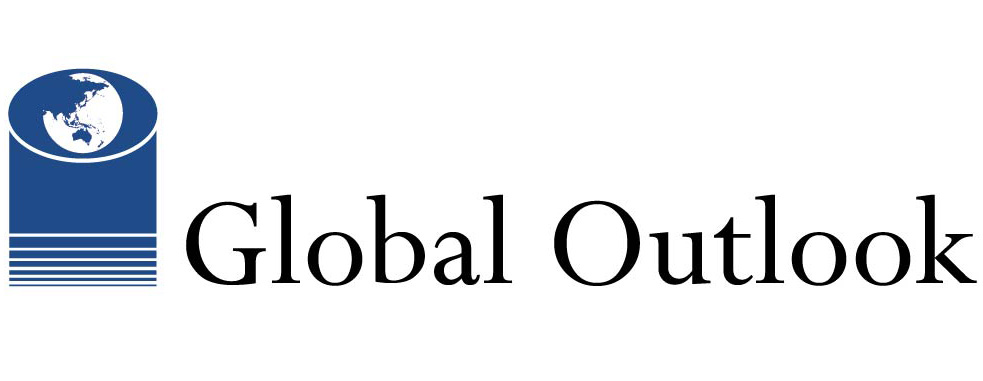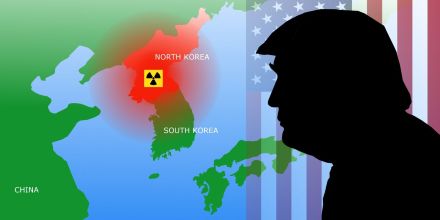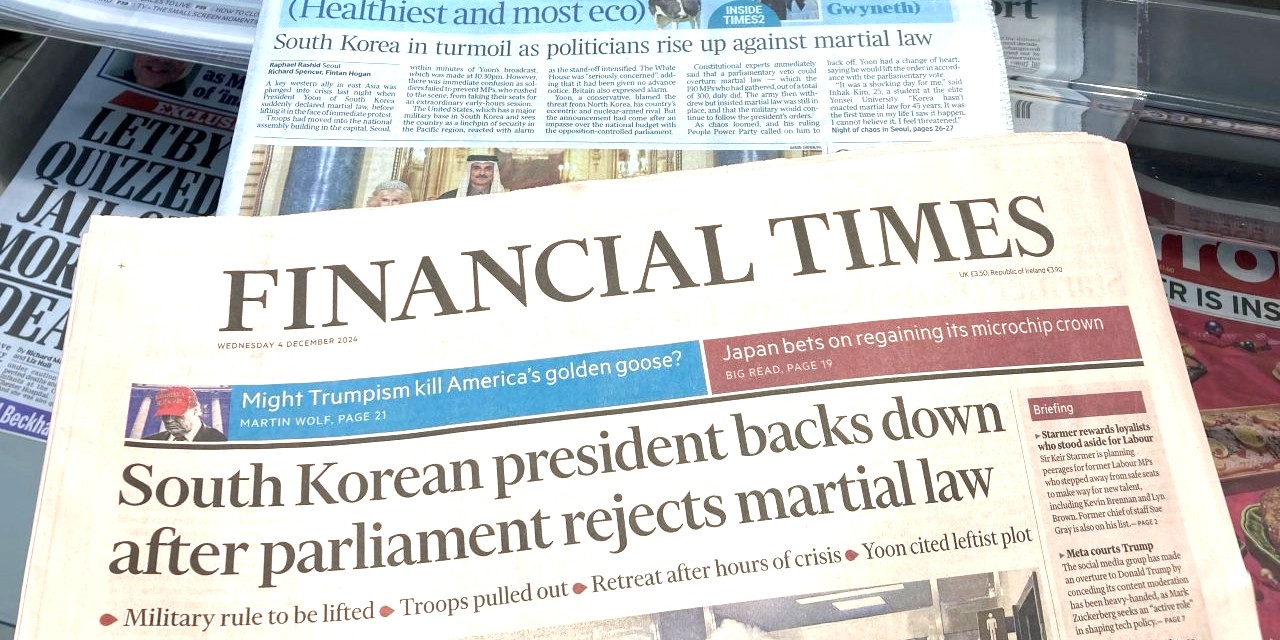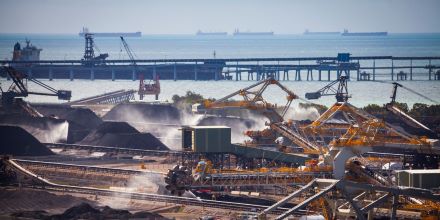
Curated expert opinion on intractable contemporary issues
Trump 2.0: Curse or Blessing?
By Chung-in Moon | 08 January, 2025
The advent of Trump 2.0 signals bad omens for South Korea’s national security and economy. Trump-phobia is widespread in South Korea.
The Fall of Assad is a Cautionary Tale of Blowback
By Ramesh Thakur | 22 December, 2024
A regime built on terror, ruled by fear and sustained by foreign proxy forces crumbled in less than a fortnight. In the end, the foundations of the House of Assad (1970–2024) rested on the shifting sands of time.
Donald Trump 2.0
By Robert R. Kaufman | 19 December, 2024
In January 2025, Donald Trump will take office at a time when the GOP sweep of the House and Senate and a super-majority in the Supreme Court have severely weakened the institutional guardrails built into the United States constitution.
The Maddening Farce of Yoon Suk-Yeol’s Presidency
By Chung-in Moon | 18 December, 2024
Unprincipled, lawless, ignorant and incompetent — how perilous to place a nation in the hands of such a leader!
Trusted Partner to the Pacific, or Giant Fossil Fuel Exporter?
By Wesley Morgan and Liam Moore | 08 December, 2024
Trusted partner to the Pacific, or giant fossil fuel exporter? This week, Australia chose the latter
Sustainable Peace In Sudan: How International Investment and Solidarity Can Help End a ‘Forgotten War’
By Dominic Rohner | 02 December, 2024
More than 50 countries are currently suffering from shocking levels of armed violence, many of which receive little to no public attention.
The views and opinions expressed in Global Outlook are those of the authors and do not necessarily reflect the official policy or position of Toda Peace Institute.





